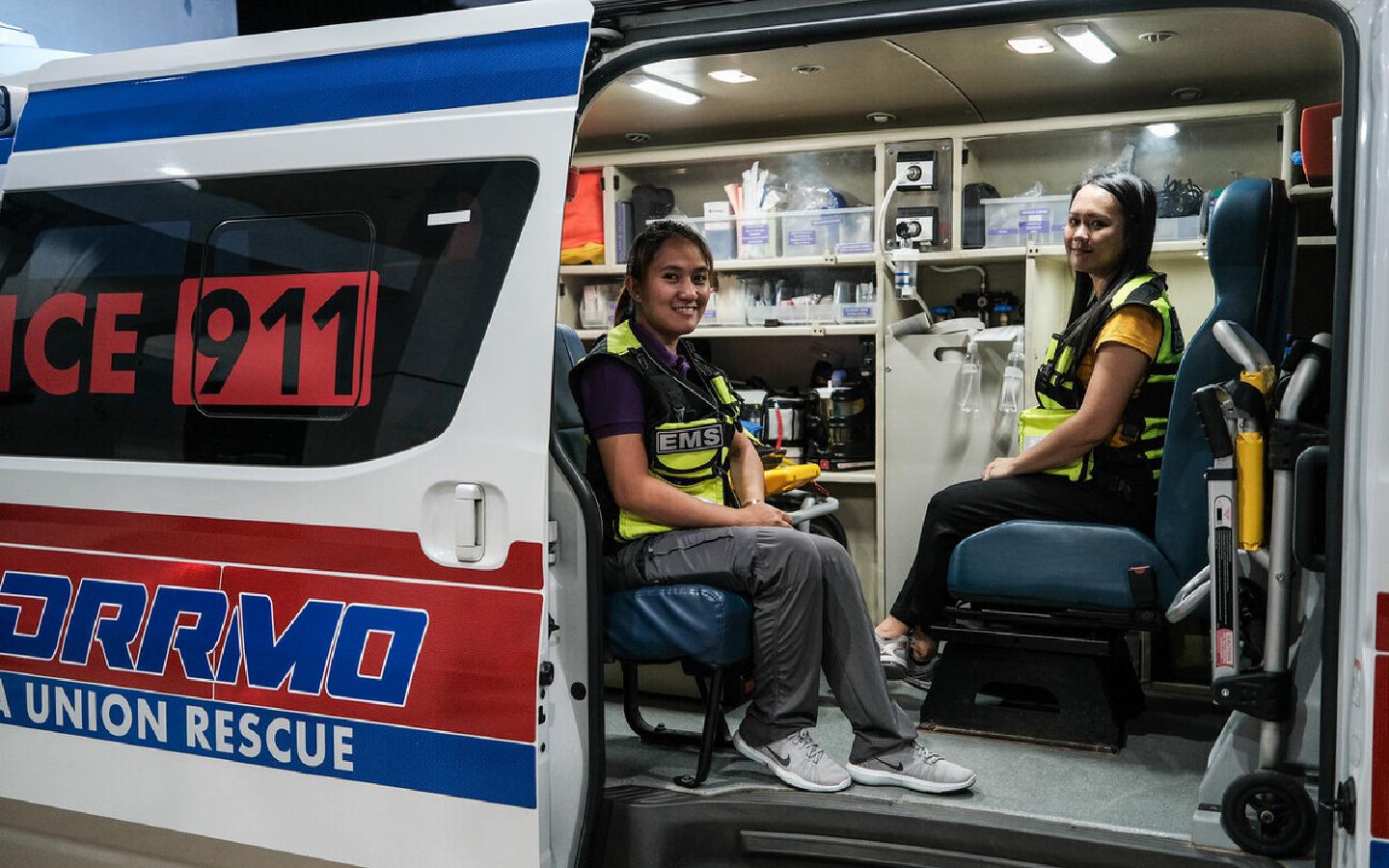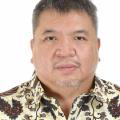The Philippines is overcoming various challenges in improving health outcomes and access to health care services through its Universal Health Care Act. ADB and Japan support these efforts by helping implement reforms to ensure that all Filipinos have access to high-quality, accessible, and responsive health care services without the risk of financial ruin.
Universal Health Care in the Philippines
Despite progress in recent years, challenges hound the health sector in the Philippines. Health inequities continue to exist due to poverty, steep health costs, and lack of access to health care. These challenges are further constrained by inadequate health services, lack of financing, and a weak health information system. Many Filipinos are burdened with catastrophic health care costs that push them deeper into poverty.
The government enacted the Universal Health Care (UHC) Act in 2019 to improve access to health care services. The UHC aims to provide all Filipinos equitable access to high-quality health services with financial risk protection.
These reforms enabled the country to make all its citizens automatic members of the National Health Insurance System, which enables access to health care services. They are enhancing health information systems to deliver high-quality data that informs the government’s health policies, decision-making, and implementation. Through sweeping reforms that focus on enhancing health service delivery, increasing health financing, and improving accountability among health service providers, the country is moving closer to its health goal for all Filipinos.
Boosting Universal Health Care
To amplify the UHC’s impact, ADB and the Japan Fund for Prosperous and Resilient Asia and the Pacific partnered to help the government. Through the Build Universal Health Care Program, they are boosting the government’s efforts using a programmatic approach that will provide long-term support to UHC implementation. The initiative, made up of three subprograms, focuses on three policy reform areas for universal health care: sustainable financing and strategic purchasing, integrated delivery of quality health services, and information management and performance accountability.
To help the government provide sustainable financing, Subprogram 1 has been assisting the country in allocating increasing excise taxes on tobacco, alcohol products, and sweetened beverages for the UHC. The program also helped the government pool local funds into special health funds to improve strategic health purchasing, that is, purchasing health services that generate the most value. These funds include local government unit (LGU) health budgets, incomes from health services, and payments of the Philippine Health Insurance Corporation to LGU-managed health care providers. They provide sufficient pay for additional health workers while providing all health workers with incentives.
Subprogram 1 has also been helping the government implement policy actions that work to ensure that its health care system is responsive and resilient and that quality health services are provided to all Filipinos. These policy actions include formulating the Philippine Health Facility Development Plan, institutionalizing the Health Promotion Framework Strategy, and developing guidelines and tools to support and facilitate the formation of health care provider networks among LGUs and the private sector. These actions have improved the quality of and access to primary and maternal care services nationwide.
Subprogram 1 has also assisted the government in using technology to improve its performance in the health sector. It has been helping these agencies ensure that health information systems are harmonized, interoperable, and integrated so they can provide timely and quality data and information needed for health policies, decision-making, and performance monitoring.
Health for All Filipinos
The program is still ongoing. Subprogram 2 has rolled out policy reforms and technical assistance that further pushes the government’s efforts to provide universal and equitable access to quality health services. Subprogram 3 is rolling out further policy reforms. But Subprogram 1’s inputs have already borne fruit.
The program has already helped the Philippines achieve universal population coverage by automatically including all Filipinos for immediate coverage under the National Health Insurance Program. About 95 million were registered in the Philippine Health Insurance Corporation’s database.
It has already helped numerous local governments expand access to quality health care services and increase financing for health. To date, 58 local governments have formed health care provider networks and established special health funds. Many of them are now allocating budgets for health programs, such as child vaccination (Chikiting Ligtas program), COVID-19 full vaccination (Resbakuna program), and infection prevention (BIDA Solution program). The program has also expanded access to health care by deploying around 26,000 Department of Health–funded personnel nationwide.
The program has also improved the national health information system. Now, about 9,350 hospitals, primary care facilities, and other health facilities submit their health-related data to the Philippine Health Insurance Corporation (PHIC). In addition, about 135 PHIC-accredited primary care providers maintain electronic medical records.
More still needs to be done, but the Philippines’ Universal Health Care and this program have made substantial gains. More policy reforms are underway to make the country’s health care system more accessible and affordable for all Filipinos.
"Through sweeping reforms that focus on health service delivery enhancement, increased health financing, and improved accountability among health service providers, the country is moving closer to its goal of health for all Filipinos."
~ Eduardo Banzon, ADB principal health specialist
Share

